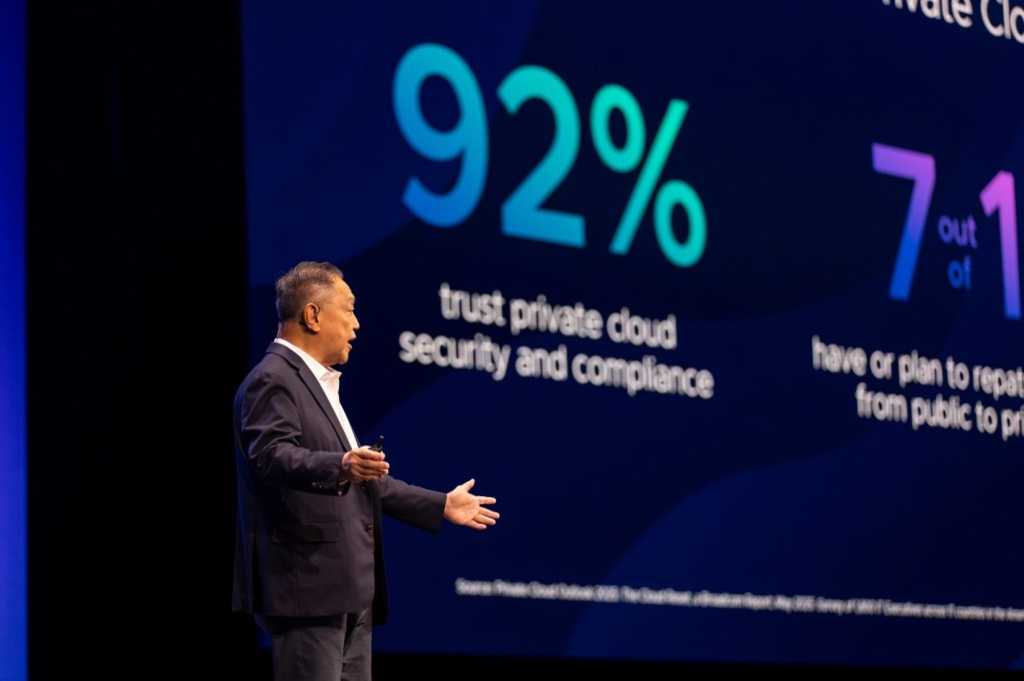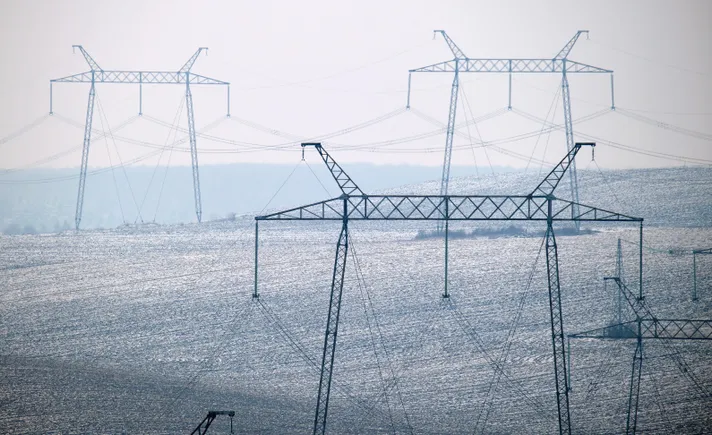
Jason Wong, distinguished VP analyst at Gartner, said that Microsoft customers would welcome the agreement. “It’s well documented that Microsoft Azure has had capacity issues, particularly in the Azure East US Region shortfall in July,” he said. “This investment on Nebius is specific to US capacity to help service growing demand and meet peak customer loads.”
IDC’s McCarthy said that Microsoft would use the augmented infrastructure in two ways. “ Microsoft will create additional capacity for its customers, and for its own internal R&D,” he said, but he warned “[while this] may help Microsoft with its East Coast capacity, the distributed nature of AI agents means that it won’t be the silver bullet for all customer needs.”
The agreement will mean that Microsoft will not be looking to enhance its own data centers to deliver additional capacity. The company announced earlier this year that it was not proceeding with plans to build data centers to meet the increasing demand for AI services.
Wong said: “This partnership allows Microsoft to spread its risk while accelerating time-to-market for data center capacity, because hyperscalers simply can’t build data centers fast enough due to the constrained supply chain and regulatory hurdles.”
He added that the Nebius deal is a reflection of Microsoft’s current approach. “Previously, it chose not to expand its capacity with CoreWeave, and this allowed the company to diversify its cloud infrastructure partnerships through Nebius. This partnership also allows Microsoft to de-risk from a GPU perspective, given the high demand and high cost of chips.”
McCarthy said that the company would also need to reserve some capacity for future development. “Cloud providers like Microsoft, AWS, and Google also must decide how much capacity to reserve for R&D to build their own LLMs. In contrast, Oracle, and newer players like CoreWeave, Vultr, and Nebius are prioritizing end customers.”






















